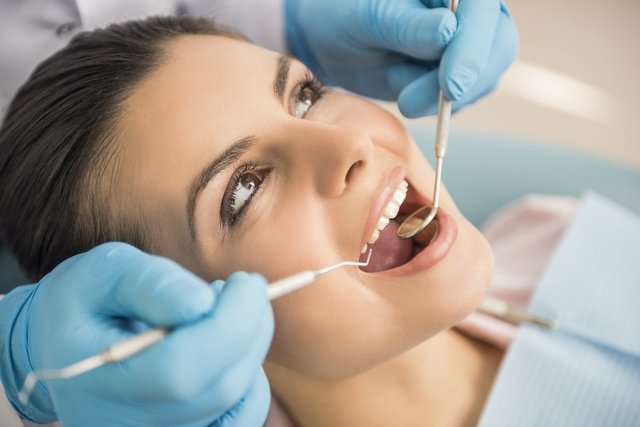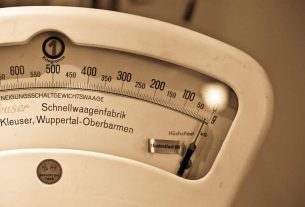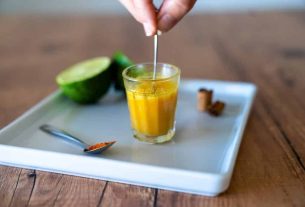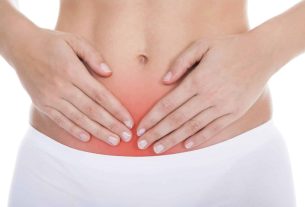Treatment to remove tartar from teeth is generally carried out in a dentist’s office, who can carry out deep cleaning with scaling, ultrasound and laser to remove the film formed on the teeth and gums, also promoting teeth whitening.
In addition, some homemade options, such as mouthwash, coconut oil and baking soda, can also help fight bacteria, preventing bacterial plaque and thus reducing the formation of tartar.
Tartar, also known as calculus, is caused by the accumulation of food and bacteria in the mouth, forming plaque, which, when not removed by brushing and flossing, hardens and becomes yellowish, covering the teeth and gums. , which can promote the appearance of permanent stains on teeth, cavities, gingivitis and bad breath. See how to identify and how to avoid tartar.

The main ways to remove tartar from teeth are:
1. Scraping cleaning
Cleaning with scaling is done by the dentist, in the office, using a device called an ultrasonic scraper, which makes small vibrations at high speed, helping to remove bacterial plaque and tartar from the teeth.
Furthermore, teeth cleaning can also be done with simpler instruments, such as scalers and curettes, where the dentist manually scrapes the teeth to remove plaque and tartar.
2. Laser
The laser is equipment used by the dentist that helps to centralize treatment only in the area of the affected tooth and gums, removing tartar and leaving teeth cleaner, without causing damage to healthy teeth and gums.
3. Sistema Vector
The Vector system is similar to the ultrasonic scaler, removing plaque and tartar and leaving teeth cleaner and healthier, being used by dentists in the office.
However, this equipment causes less discomfort and pain when cleaning teeth.
4. Maintain good oral hygiene
Maintaining good oral hygiene, brushing your teeth well for about 30 minutes after every meal, using dental floss and mouthwash, is the best way to eliminate bacteria from the mouth, preventing plaque and reducing the formation of tartar on the teeth. Here are some tips on how to brush your teeth well.
5. Cleaning with baking soda
Cleaning with baking soda helps balance the pH of the mouth after meals, preventing the formation of bacterial plaque and preventing tartar.
However, continuous use of bicarbonate can increase the porosity of the tooth, making it more sensitive. Therefore, the ideal is to use this technique only under the dentist’s guidance and at most once a week.
Ingredients
- 1 teaspoon of baking soda;
- Toothpaste.
How to use
Put the toothpaste on the brush, sprinkle with bicarbonate and then brush your teeth for 2 minutes. Finally, rinse your mouth with water.
6. Coconut oil rinse
Another way to naturally combat bacteria in the mouth, preventing the formation of plaque, is by using coconut oil as a mouthwash. Coconut oil contains bactericidal properties, reducing the formation of tartar.
Furthermore, coconut oil also helps to form a film on the teeth, preventing bacteria from adhering and preventing the formation of plaque.
Ingredients
- 1 tablespoon of coconut oil.
How to use
Place a spoonful of coconut oil in your mouth and swish it around for 5 to 10 minutes, 1 to 2 times a day. Finally, spit out the oil and then rinse your mouth with water.
At first it may be more challenging to swish coconut oil for several minutes at a time, so it is recommended to start with a few minutes and gradually increase it.
Here are some tips to keep your teeth clean and healthy:
Bibliography
- MYNENI, R, Srinivas. Effect of baking soda in dentifrices on plaque removal. Journal of the American Dental Association. vol.148. 11.ed; 4S-)s, 2017
- JEPSEN, Søren et al. Calculus removal and the prevention of its formation. Periodontology. vol.5. 167–188, 2011
- KAMATH, G, Deepa; NAYAK, U, Sangeeta. Detection, removal and prevention of calculus: Literature Review. Saudi Dental Journal. Vol.26. 1.ed; 7–13, 2014
- PEEDIKAYIL, Faizal C. et al.. Effect of coconut oil in plaque related gingivitis — A preliminary report. Nigerian Medical Journal. Vol.56 n.2. 143-147, 2015

Sign up for our newsletter and stay up to date with exclusive news
that can transform your routine!
Warning: Undefined array key "title" in /home/storelat/public_html/wp-content/plugins/link-whisper-premium/templates/frontend/related-posts.php on line 12
Warning: Undefined array key "title_tag" in /home/storelat/public_html/wp-content/plugins/link-whisper-premium/templates/frontend/related-posts.php on line 13



